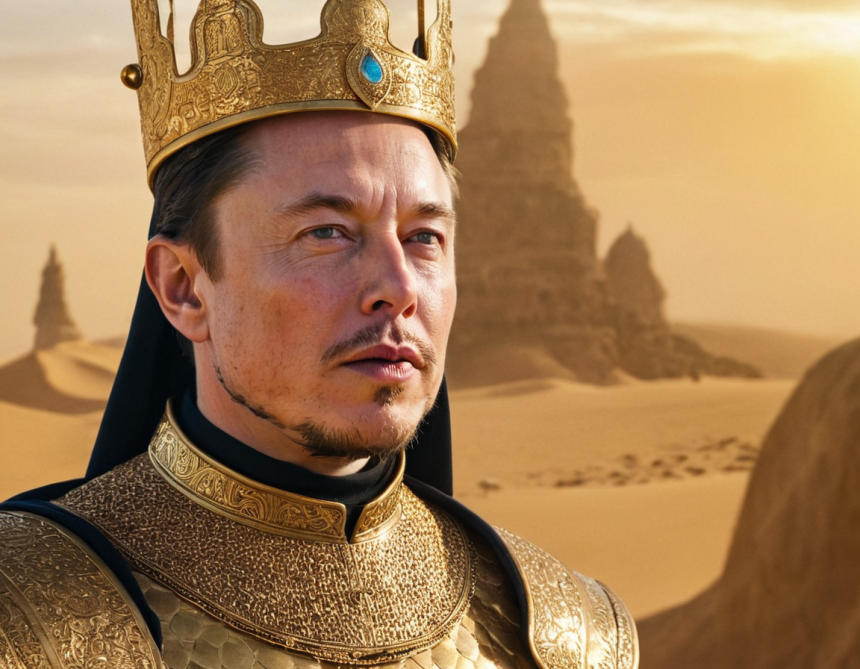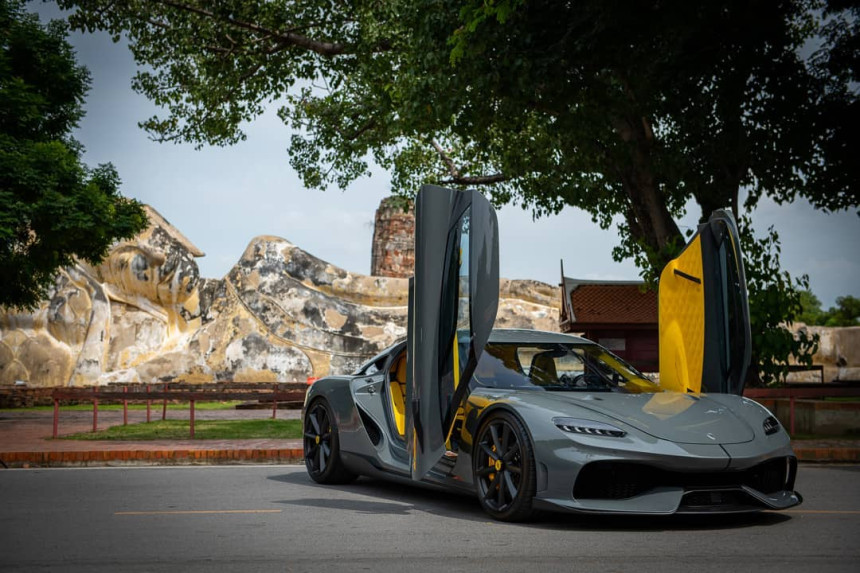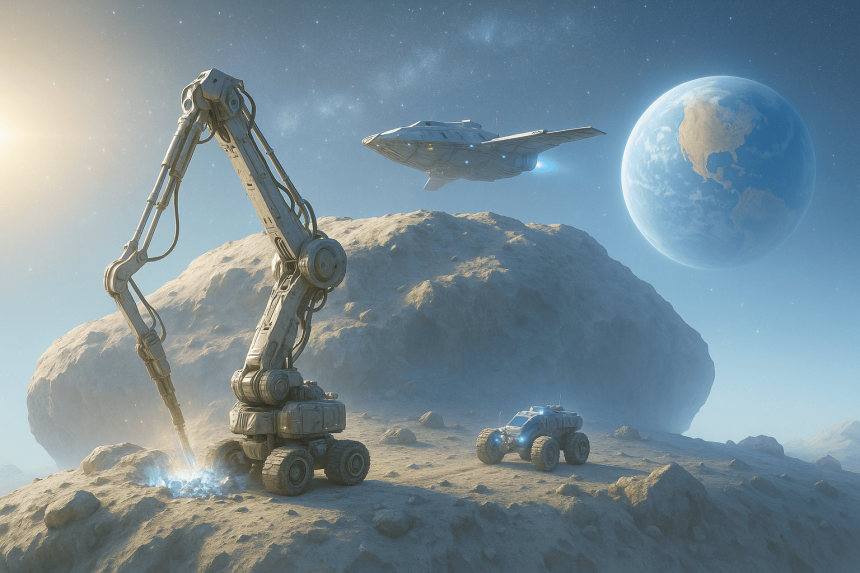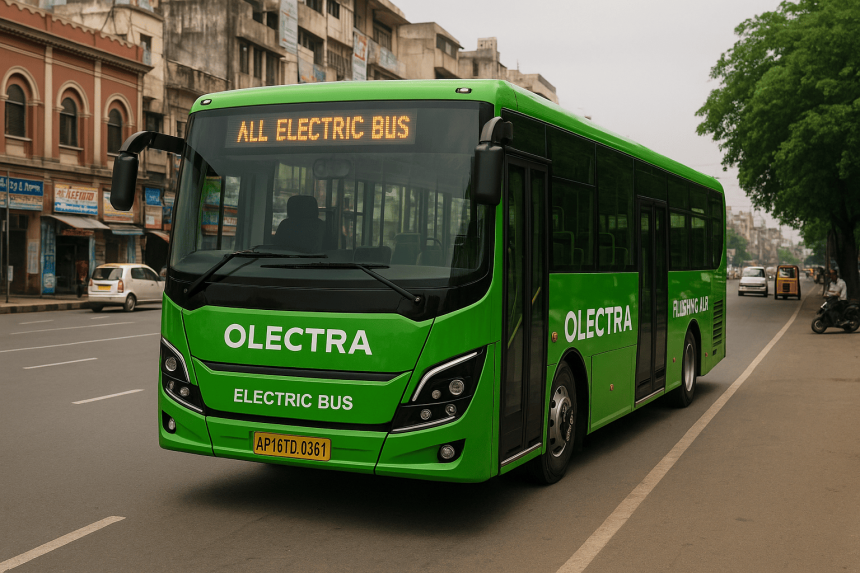
Is Elon Musk the Reincarnation of Mansa Musa? A Thought Experiment
In the pantheon of history’s most influential and wealthy figures, two names—separated by centuries—command awe: Mansa Musa, the 14th-century emperor of the Mali Empire, and Elon Musk, the 21st-century tech mogul reshaping the global economy. Could there be a deeper connection between these men beyond wealth and fame? While the notion of reincarnation is a metaphysical leap, exploring their striking parallels offers a rich thought experiment in leadership, legacy, and the exercise of wealth.
Disclaimer: This Article/Content has been generated or modified using Artificial Intelligence Tools.
African Origins and Global Influence
Though born into drastically different worlds, both Mansa Musa and Elon Musk trace their origins to Africa.
- Mansa Musa, born in Mali around 1280 CE, inherited one of the largest empires in West African history. Under his reign, Mali became a global epicenter of wealth, trade, and scholarship, influencing cultures far beyond Africa.
- Elon Musk, born in 1971 in Pretoria, South Africa, moved to North America where he pursued a vision that would disrupt multiple industries. Despite being raised during apartheid, Musk often credits his African upbringing with instilling resilience and a global perspective.
Expert Insight: Dr. Saheed Aderinto, an African historian, notes that "Africa has always been a cradle of leadership and innovation, though often underappreciated in global narratives. Figures like Musa and Musk, in their own times, have helped reposition Africa within a global consciousness."
Both individuals, in different centuries, serve as reminders that African soil can produce figures of unparalleled influence whose impact reverberates across the globe.
Astounding Wealth
Mansa Musa's wealth was so immense that it became the stuff of legend. His 1324 pilgrimage to Mecca (Hajj) famously included an entourage of tens of thousands and so much gold that he caused hyperinflation in the regions he passed through—particularly in Cairo. His wealth stemmed from Mali’s abundant natural resources, especially gold and salt, which were central to trans-Saharan trade.
Elon Musk's net worth, as of recent years, has fluctuated between $150 billion to over $400 billion, largely due to his stakes in Tesla, SpaceX, and X (formerly Twitter). While their wealth derives from very different sources—natural resources vs. intellectual and technological capital—both amassed fortunes that allowed them to influence economies and political discourse.
Economist’s Take: In the words of financial historian Dr. William Bernstein, "Mansa Musa represented the peak of pre-modern wealth, while Musk exemplifies the post-industrial age’s apex of value creation—driven not by land or minerals, but by data, innovation, and systems engineering."
Visionaries of Their Time
What sets both men apart is not merely wealth, but their ambitious visions for the world.
Mansa Musa:
- Built Timbuktu into a thriving center of Islamic learning, establishing Sankore University and drawing scholars from across the Islamic world.
- Promoted architecture, education, and urbanization at a scale uncommon in sub-Saharan Africa at the time.
Elon Musk:
- Seeks to make humanity multi-planetary through SpaceX.
- Envisions a world powered by sustainable energy via Tesla and SolarCity.
- Pioneers neurotechnology with Neuralink and AI alignment with xAI.
Philosophical Perspective: Futurist Ray Kurzweil has likened Musk to “a modern-day da Vinci,” noting, “He embodies the Renaissance ideal of multi-disciplinary mastery and bold ambition, much like historical polymaths before him.”
Like Musa, Musk uses his resources to pursue societal change on a grand scale—albeit with rocket fuel and silicon chips instead of gold bricks and camels.
Agents of Disruption
Disruption may be the most defining trait linking these two figures.
- Mansa Musa destabilized economies merely by passing through them—redefining economic norms in regions like Egypt and Arabia during his pilgrimage.
- Musk has shaken the foundations of several established industries:
- Automobiles with Tesla
- Aerospace with reusable rockets from SpaceX
- Telecommunications with Starlink
- Banking with PayPal in its early days
Both men upset the status quo and forced global systems to adapt.
Business Analysis: According to Harvard Business Review, “Musk’s method of ‘first principles thinking’ has upended traditional business logic. It mirrors the transformative governance of historical rulers like Mansa Musa, who redefined the scope of what African states could achieve on the world stage.”
The Power of Legacy
Legacy is perhaps the most intangible yet lasting contribution of both men.
- Mansa Musa’s legacy is preserved in ancient manuscripts, mosque architecture, and oral histories of Mali’s golden age. His influence helped establish West Africa as a beacon of Islamic scholarship.
- Musk’s legacy is still unfolding. Whether or not he succeeds in colonizing Mars or achieving full AI integration, his imprint on the tech landscape is indelible.
Cultural Reflection: Sociologist Dr. Lisa Miller observes, “Legacy today is not only about what you build, but how you shape human consciousness. Musk’s emphasis on planetary resilience could one day be viewed like Musa’s elevation of cultural and religious identity.”
Both men pushed the boundaries of what it meant to be a leader—not just economically, but culturally and philosophically.
Philanthropy and Controversy
With great wealth comes public scrutiny.
- Mansa Musa was lauded for his generosity, but his lavish gifts during the Hajj unintentionally destabilized some economies. His actions, though well-intended, revealed the risks of unchecked largesse.
- Musk is known for strategic philanthropy—pledging billions to combat climate change and advance AI safety. Yet, he is often criticized for erratic behavior, controversial tweets, and a demanding management style.
Media Critique: NYU journalism professor Jay Rosen remarks, “Musk’s public persona is as disruptive as his technologies—akin to a medieval emperor whose words could move markets and armies alike.”
In both cases, public reception is mixed: admiration interlaced with concern.
Conclusion: A Historical Echo, Not a Rebirth
Is Elon Musk truly the reincarnation of Mansa Musa? Probably not in the spiritual sense. But their lives echo one another in striking ways. Both hail from Africa. Both wield enormous influence in shaping their world orders. Both possess the rare ability to redefine the future of civilizations—through wealth, vision, and relentless ambition.
In examining these parallels, we aren’t just indulging in a whimsical historical comparison—we’re acknowledging patterns of greatness that transcend time and place. The gold caravans of 1324 and the reusable rockets of 2024 may seem worlds apart, but they serve the same function: to push the boundaries of human potential.
Perhaps history does not repeat itself, as Mark Twain said, but it certainly rhymes. And in the rhyme between Mansa Musa and Elon Musk, we hear the enduring cadence of transcendent ambition.





